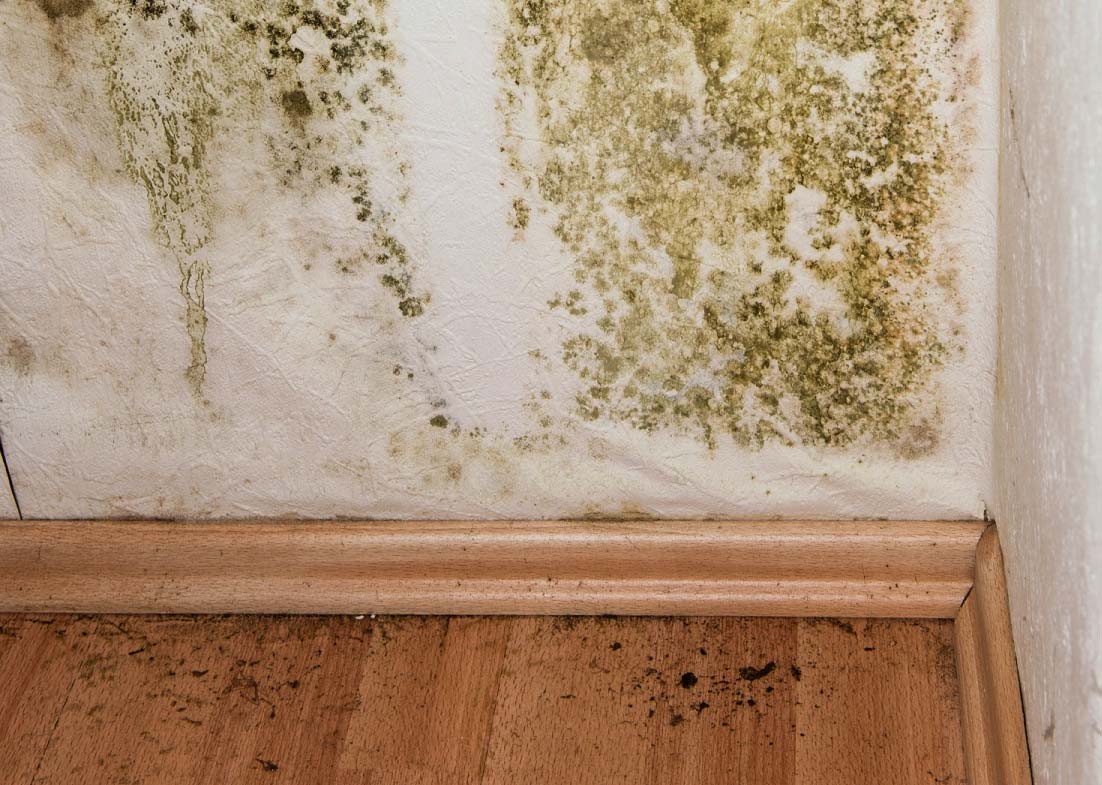Who is accountable for the prevention and management of mold problems in rental properties located in Utah?
There are no explicit mold laws in Utah. However, tenants have a right to live in a home free from mold. Landlords must ensure to keep their rental premises in habitable conditions.
Tenants must notify their landlords of problems that cause mold in their homes.

What we cover
ToggleLandlord Rights And Responsibilities in Utah
- Keep the property safe and habitable.
- Make all repairs for problems reported within a reasonable time.
- Keep all electrical and plumbing appliances in good working condition.
- Meet all required local housing regulations.
- Lawful evictions.
- Collect rent in agreed-upon amounts and time.
- Supply heat and both hot and cold water.
- Collect a security deposit and use a portion of it for repairs at the end of the lease.
Tenant Rights And Responsibilities in Utah
- To live in habitable conditions.
- Timely repair for all problems you report.
- Fix all damage that is your fault.
- Pay the required amount of rent at the agreed time.
- Use provided garbage disposal receptacles.
- Ensure quiet enjoyment of the property for other neighbors.
- No retaliation from the landlord for exercising legal rights.
- Keep the premises clean and habitable.
How Long Does A Utah Landlord Have To Fix Mold Problems
In Utah, landlords have 15 days upon receiving notice of the presence of mold to have it repaired.
Tenants are required to allow their landlords reasonable time to fix reported problems.
If they fail to fix the problem, Utah law allows tenants to fix the problem and deduct the cost from the rent.
Tenants can also sue their landlords for the courts to compel them to fix the mold or for damages.
Mold Disclosure Law In Utah
Utah does not have a law compelling landlords and home sellers to disclose the presence of mold in a house before purchasing or leasing it.
Federal law requires disclosure of lead paint presence in houses built before 1978.
Additionally, Utah laws require disclosure of contamination caused by the use, storage, or manufacture of methamphetamine.
Resource: See other states mold laws here
Can You Break Your Rental Lease In Utah Due To Mold
In Utah and many states, tenants are legally not allowed to break the rental lease if they are the cause of the mold.
When tenants notice problems that can cause mold, they should report them to the landlord immediately.
Leaking pipes, taps, floods, and spills are causes of mold in the house. Report these to your landlord before they cause more problems in your unit.
Document the problems in photos and inform your landlord in writing. Also, record all the discussions and promises that the landlord offers.
It is the landlord’s responsibility to ensure that their properties are in habitable condition.
If the landlord refuses to fix the reported problems and the unit is not habitable, you can consider it constructive eviction.
Depending on the conditions of your lease, you can give your landlord 15 to 30 days notice to leave the house due to mold.
Can A Utah Tenant Withhold Rent Due To Mold
Utah tenants can withhold rent to compel the landlord to fix some damage in the unit.
Tenants can also pay for the repairs and deduct the cost from the rent. You are only allowed to deduct up to the value of two months rent.
Before you take these drastic decisions, you must issue your landlord a Notice of Deficient Conditions. It is a document that notifies your landlord of your intention to withhold rent until reported problems are fixed.
Upon issuing the Notice of Deficient Conditions, the landlord must fix the problem in 15 days, they should give you back any rent paid since the notice was given and end your rental agreement for you to vacate their premises.
Can A Utah Tenant Seek Justice In Court Due To Mold
In Utah, a tenant can sue the landlord for mold when;
- You have evidence the landlord refused to fix water leaks reported before the mold appeared.
- If you have spent money in a hospital or on medication due to mold exposure.
- Lost income due to a condition caused by mold exposure.
- If you have spent any money to remediate the mold.
- For mold-related damage to your property not covered by your renters’ insurance.
- For pain and suffering caused by the health effects of mold.
- The mold presence is not your fault.













